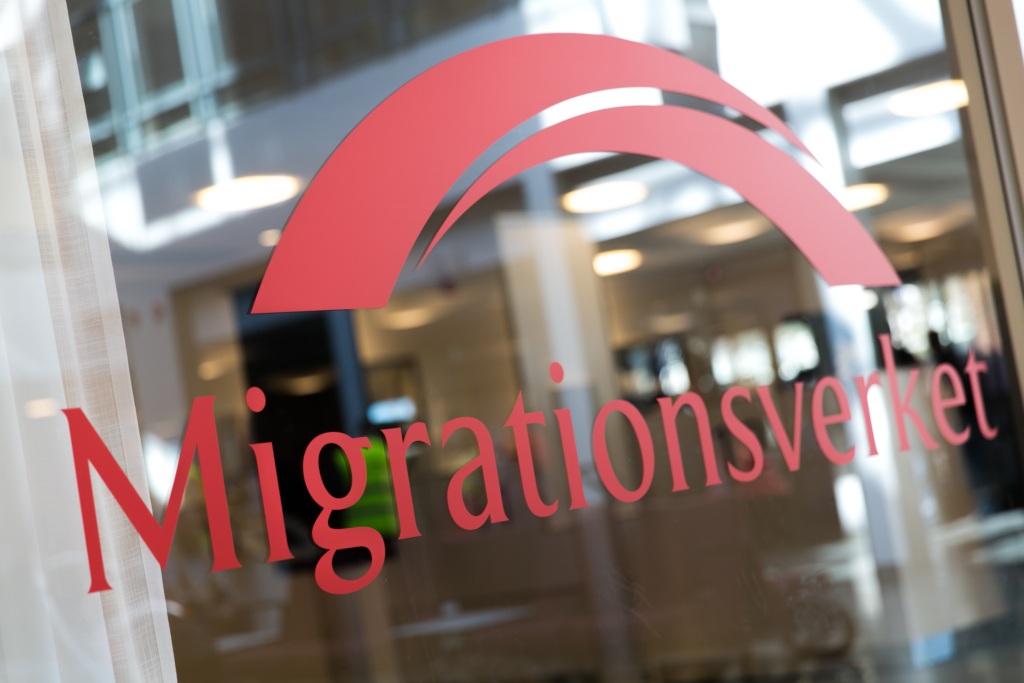The Swedish Migration Agency, Migrationsverket, has adjusted residence permit rules in light of the Covid-19 pandemic, waiving previous requirements for minimum 50 percent on-campus attendance to grant residence permits.
In response to the ongoing Covid-19 pandemic, Migrationsverket has announced changes to rules governing residence permits. Previously, non-EU students wishing to study in Sweden must have had at least 50 percent of their studies taking place on campus to fulfill Migrationsverket’s requirements in obtaining a residence permit. This is no longer necessary, as studies are now mostly conducted remotely due to the pandemic.
Recently, the migration court in Malmö ruled to extendan international student’s residency permit, which Lundagård wrote about in March. However, Migrationsverket makes it clear that a student wishing to obtain a residence permit must “stay in Sweden to complete [their] education” despite these new changes.
Additionally, the Swedish Migration Agency is extending the exception to a requirement for full-time studies during summer. This exception is due to last until August 2021. Previously, students had to leave Sweden during the summer months when they were not engaged in full-time studies and apply for a new residence permit the forthcoming semester.
The timing of granting residence permits has also changed. They can be granted from 1 August 2021, regardless of when the period of education starts. In previous years, students of higher education institutions were only granted residence permits that started 14 days before the start of the semester. The new rule change is meant to “make it easier for higher education institutions to offer study preparation courses to their international students before the start of the semester”, according to Migrationsverket. This extension does not apply to post-secondary studies not taking place at a university or college, such as vocational training.
These rule changes aim to lessen the administrative burden on international students already under much strain because of the pandemic.











